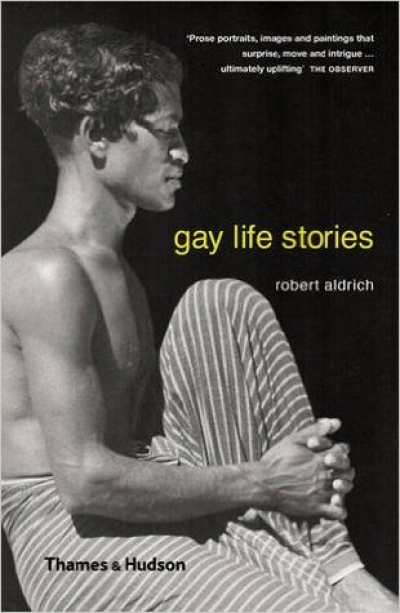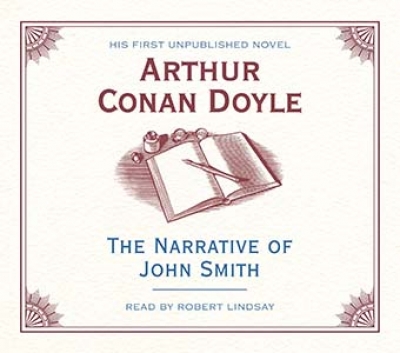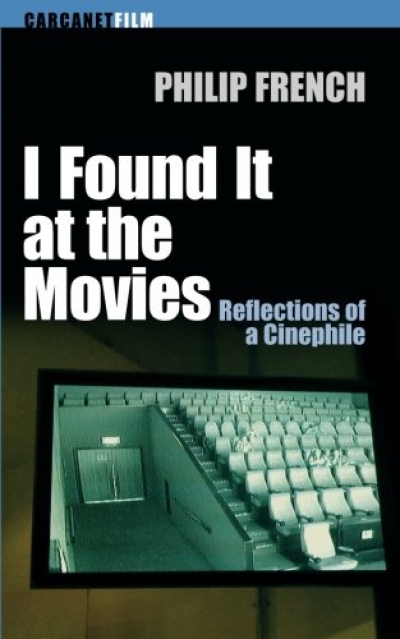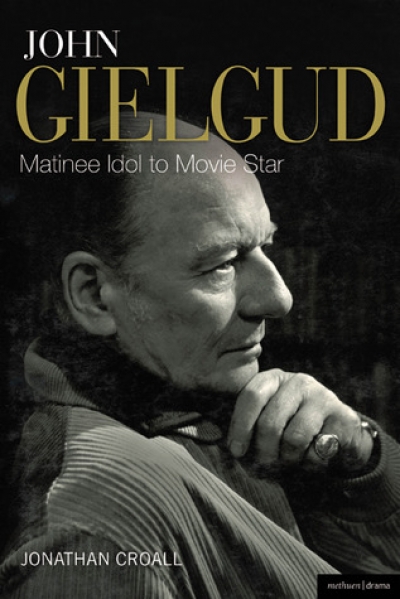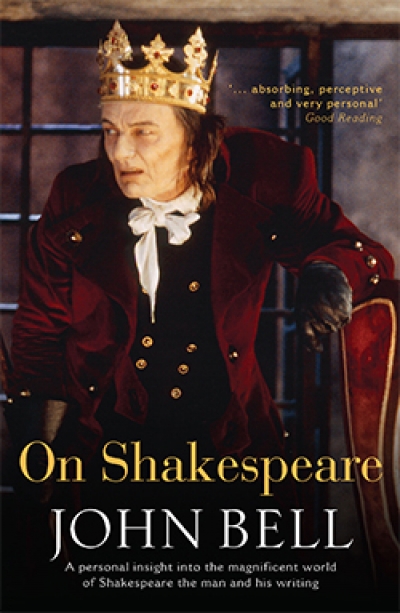Brian McFarlane
There have been more than 900 Shakespearean film adaptations of one kind or other, for screens large and small, dating back to scenes from Macbeth in 1898. The Stratford playwright would have become rich beyond the dreams of avarice from film rights alone; equally, though, I think he would have acknowledged that film-makers have notched up a pretty hono ...
One should approach a new film with an open mind, but it’s very hard to do so when it has been preceded by the sort of hype that has accompanied The Great Gatsby. And it’s not just the hype but the other threats to the open mind which include the famous source novel (one that people know about even if they haven’t read it), the previous film versions, and the reputation of the new film’s director.
... (read more)What is it about Great Expectations (1861) that makes it seem indispensable? Can it be its hero, Pip’s, search for a liveable identity? The small, terrified, often bullied child gets a glimpse of ‘the quality’ albeit in desuetude, becomes dissatisfied with being a blacksmith, receives the eponymous expectations, and tries to become a gentleman before settling for a more modest role and coming to a truer sense of what matters about human beings. Is it also a question of marvelling at how lives can be manipulated? When the child Pip, out of terror rather than altruism, helps a runaway convict on the Kentish marshes, his life is upheaved by Magwitch’s gratitude. The child Estella, whose origin is unknown until late in the book, is raised by the embittered, jilted Miss Havisham to wreak revenge on the male sex. Structurally and thematically, this may be Dickens’s most potent work, with everything seeming to bear on these central concerns.
... (read more)Those Brontës. If they’d only had a decent agent with foresight, they could have escaped that dank parsonage on the gloomy moors of windswept Yorkshire and set up on the French Riviera in comfort. Since 1910 there have been at least forty film or television versions of Jane Eyre, most recently in 2011. Now it is Emily’s turn for the latest (seventeenth) go at Wuthering Heights (1847), that extraordinary work sui generis that so memorably sites wild Gothic strangeness in a solidly realised world of landscapes both benign and forbidding.
... (read more)By chance, two of the most famous 1950s plays are in the news again. John Osborne’s historic rant, Look Back in Anger (1956), has been successfully revived on Broadway, while Terence Rattigan’s emotionally taut piece, The Deep Blue Sea (1952), has been filmed by another Terence – Davies, that is. In their day, Osborne railed against the ‘porcelain plates [of] the well-set table of British theatre’(John Lahr in the New Yorker), his arrows directed at the likes of Noël Coward and Rattigan, who in their turn were less than excited by Osborne’s class-based invective. It’s now at least arguable that Rattigan has outlasted Osborne; he has clearly been more frequently revived on stage – and on film and television – than his vituperative contemporary. Who now, I wonder, would rather watch or listen to Look Back than The Winslow Boy?
... (read more)
